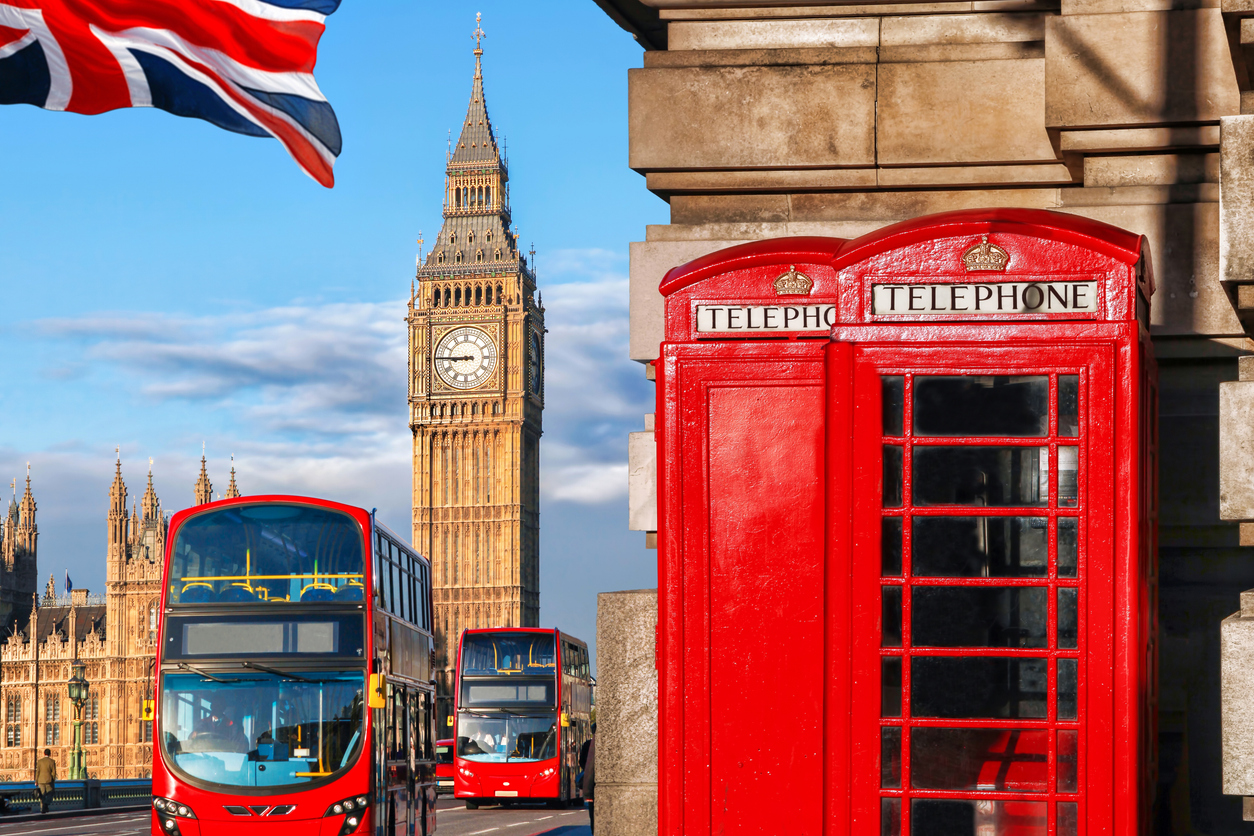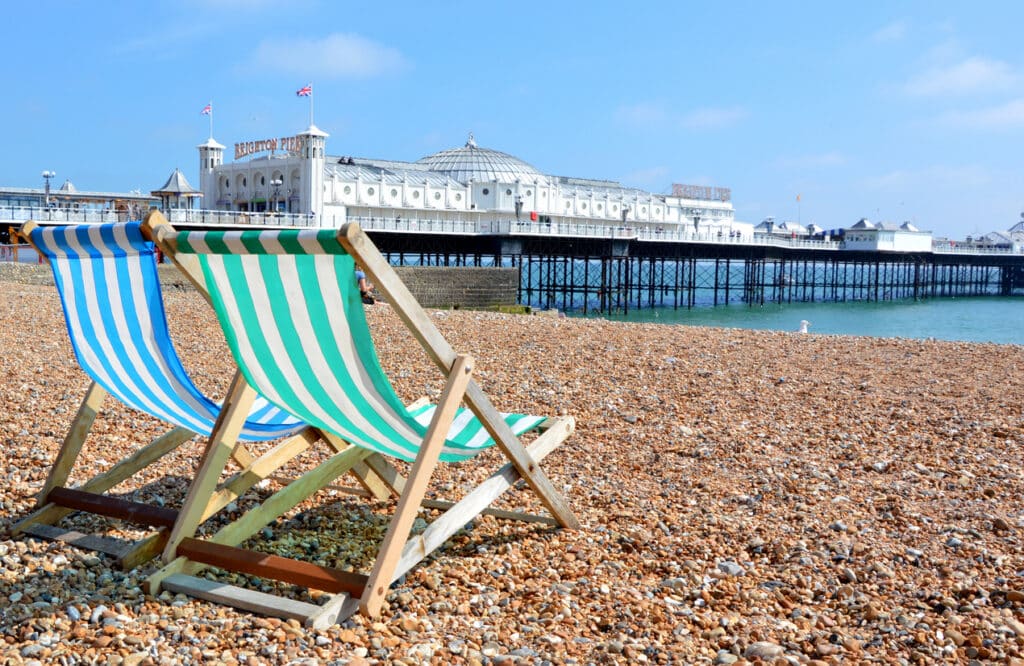Moving to the UK as an American brings a host of new experiences—and understanding UK law enforcement is essential for a smooth transition. Whether you’re planning a short stay or settling in for the long haul, knowing how British policing works, how it differs from the U.S., and what your rights are can help you feel more confident and secure. In this guide, we’ll break down the essentials of UK law enforcement, highlight key differences from the U.S. system, and offer practical advice for expats navigating life across the pond.
Understanding the UK police structure and organization
The UK law enforcement system is distinctively different from what most Americans are used to. Instead of a single, centralized police force, the UK is served by multiple regional police services, each responsible for a specific geographic area. The most well-known is the Metropolitan Police Service, which covers Greater London, but there are over 40 separate police forces across England, Wales, Scotland, and Northern Ireland.
Key features of UK police organization
- Regional forces: Each force operates independently, with its own Chief Constable and local priorities. For example, the Greater Manchester Police serves Manchester, while Police Scotland covers all of Scotland.
- Specialized units: In addition to local policing, there are specialized units such as the British Transport Police (for railways) and the National Crime Agency (similar to the FBI in the U.S.).
- Community focus: UK law enforcement places a strong emphasis on community policing, with officers known as “bobbies” often patrolling on foot and engaging directly with residents.
For Americans, this decentralized approach may feel unfamiliar, especially if you’re used to the more unified structure of U.S. law enforcement agencies. However, it often means a more localized and approachable police presence.
Key differences between U.S. and UK law enforcement approaches
While both the U.S. and UK share the goal of public safety, their approaches to law enforcement can be quite different. Understanding these differences can help you avoid misunderstandings and adapt more easily to life in the UK.
Policing philosophy
- Policing by consent: UK law enforcement is built on the principle of “policing by consent,” meaning the police derive their authority from public approval and cooperation, not just legal power. This fosters a culture of mutual respect and accountability.
- Visible presence: British police are often seen on foot or bicycle patrols, emphasizing visibility and approachability rather than authority.
- Less militarization: Unlike some U.S. police departments, UK forces generally avoid military-style equipment and tactics, focusing instead on de-escalation and communication.
Police powers and authority in the UK vs United States
Understanding the scope of police powers is crucial for any expat. While UK law enforcement officers have significant authority, there are important differences in how and when they can exercise it compared to their U.S. counterparts.
Stop and search
- UK: Police can stop and search individuals if they have “reasonable grounds” to suspect involvement in a crime. There are strict rules about when and how searches can be conducted, and officers must provide their name, station, and the reason for the search.
- U.S.: The standard is “probable cause” or “reasonable suspicion,” but the process and protections can vary widely by state and jurisdiction.
Arrest powers
- UK: Police can arrest without a warrant if they believe it’s necessary to prevent harm, protect the public, or ensure a suspect appears in court. You must be informed of the reason for your arrest and your rights (similar to Miranda rights in the U.S.).
- U.S.: Arrests typically require probable cause, and suspects must be read their rights, but procedures can differ by state.
Detention and questioning
- UK: After arrest, you can be held for up to 24 hours without charge (longer for serious offenses). You have the right to legal counsel and to inform someone of your detention.
- U.S.: Detention periods and rights vary, but the right to an attorney and to remain silent are fundamental.
Use of force and firearms policies in British policing
One of the most striking differences between UK law enforcement and U.S. police is the approach to use of force and firearms.
Firearms
- UK: The vast majority of police officers do not carry firearms. Only specially trained units (known as “armed response units”) are authorized to use guns, and their deployment is rare. Most officers carry batons, handcuffs, and sometimes tasers.
- U.S.: Many police officers routinely carry firearms, and the use of guns in law enforcement is far more common.
Use of force
- UK: There is a strong emphasis on de-escalation, negotiation, and minimal force. Officers are trained to resolve situations peacefully whenever possible.
- U.S.: While de-escalation is increasingly emphasized, the use of force—including firearms—remains a more routine part of policing.
What this means for expats
As an American in the UK, you’ll likely notice a less intimidating police presence. If you see armed officers, it’s usually in response to a specific threat or at high-profile locations like airports. This can be both reassuring and surprising, especially if you’re accustomed to seeing armed police in the U.S.
Legal rights and interactions with UK police as an American
Knowing your rights is empowering, especially in a new country. While UK law enforcement is generally approachable, it’s important to understand your legal protections and responsibilities.
Your rights when stopped or questioned
- You have the right to know why you’re being stopped or searched. Officers must identify themselves and explain the reason for their actions.
- You do not have to answer all questions. You’re only required to provide your name and address in certain situations (such as when driving or if you’re suspected of a crime).
- You have the right to legal counsel if arrested. You can request a solicitor (lawyer) and should not be questioned until one is present.
- You can ask for a record of the stop or search. This can be helpful if you have concerns about the interaction.
Practical tips for Americans
- Stay calm and polite. British police value respectful, cooperative interactions.
- Carry identification. While not legally required, having ID can make interactions smoother.
- Know emergency numbers. In the UK, dial 999 for police, fire, or ambulance services.
Ready to feel confident about your UK life?
Navigating UK law enforcement is just one part of your expat journey. When it comes to your U.S. tax obligations, you deserve expert support that’s as approachable and reliable as British policing. Let Bright!Tax help you stay compliant and stress-free, so you can focus on enjoying your new life abroad.
Frequently Asked Questions
-
How is UK law enforcement different from the U.S. for expats?
UK law enforcement is more decentralized, emphasizes community engagement, and most officers do not carry firearms. The approach is generally less confrontational and more focused on public cooperation.
-
Do UK police carry guns?
Most UK police officers do not carry firearms. Only specially trained units are armed, and their deployment is rare compared to the U.S.
-
What should I do if I’m stopped by UK police as an American?
Remain calm and polite, ask for the reason for the stop, and know that you have the right to legal counsel if arrested. Carrying ID can help, but it’s not required by law.
-
Are my rights protected when dealing with UK law enforcement?
Yes, you have rights when interacting with UK police, including the right to know why you’re being stopped, to legal counsel if arrested, and to request a record of the interaction.
-
Can I refuse to answer questions from UK police?
In most cases, you are not required to answer all questions unless you are suspected of a crime or involved in a traffic stop. You can politely decline to answer and request legal advice.

 Connect on LinkedIn
Connect on LinkedIn

